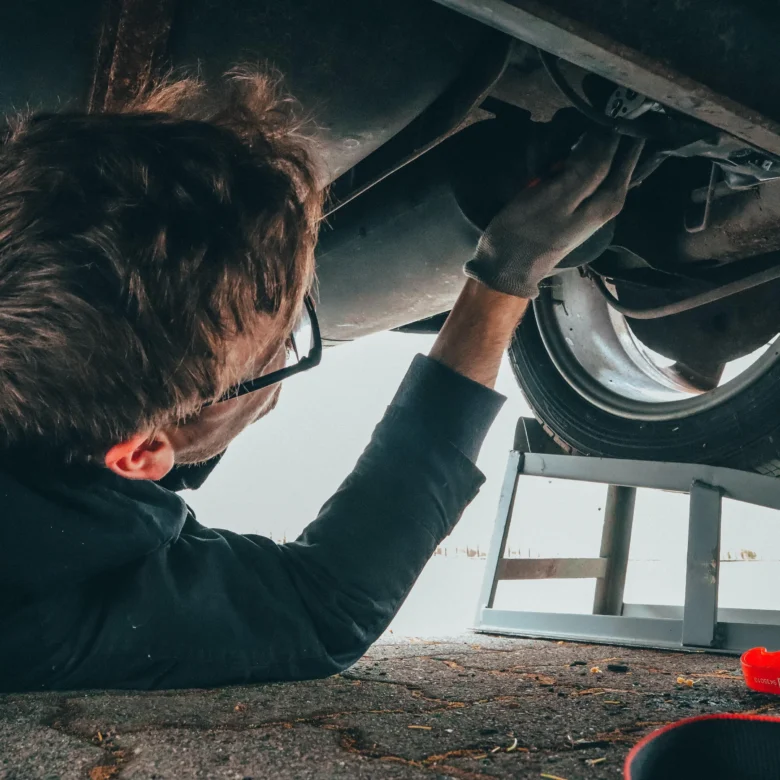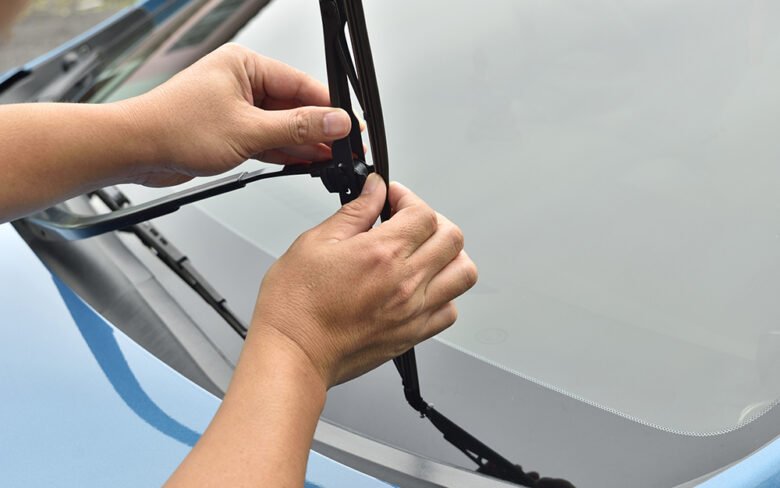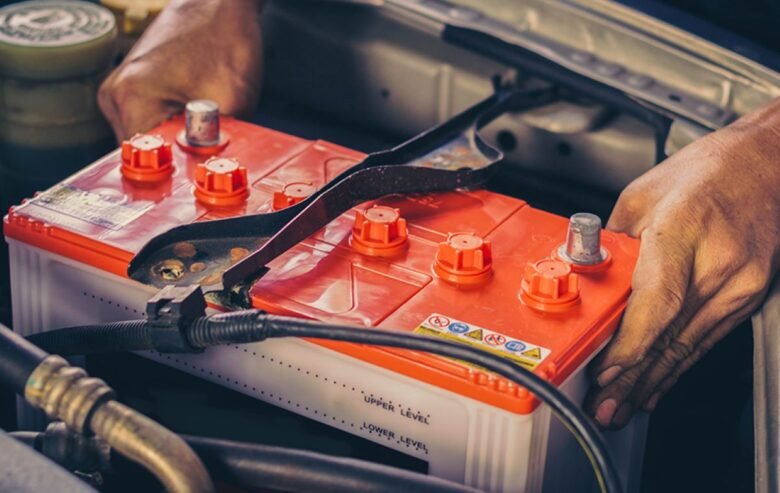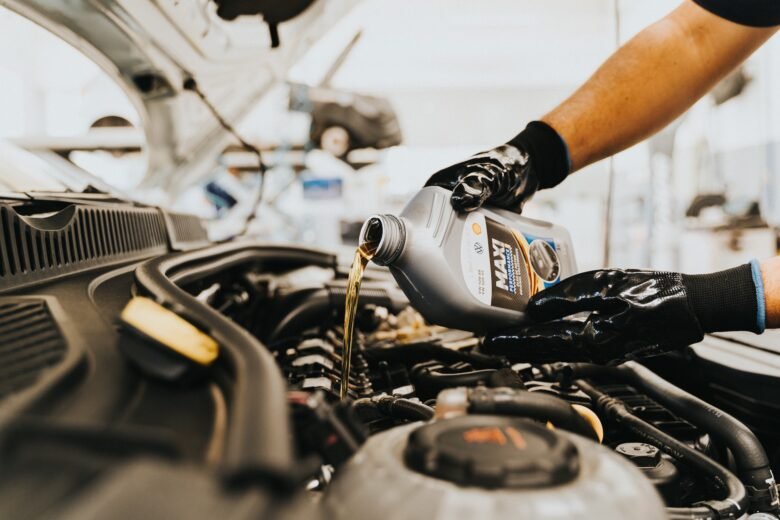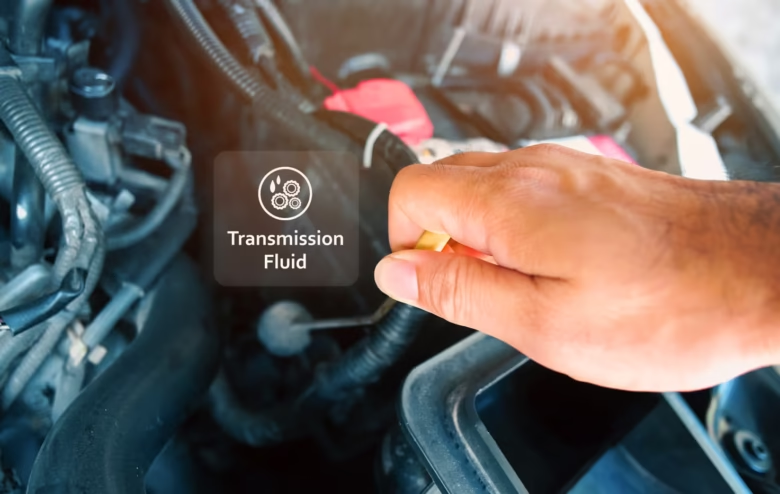The serpentine belt is an essential component in your car’s engine. It plays a key role in driving multiple accessories such as the alternator, air conditioning compressor, power steering pump, and sometimes even the water pump. Without a functioning serpentine belt, these systems would fail, and your engine could overheat, or you could lose power …
Maintaining your car’s safety is not just about avoiding breakdowns—it’s about protecting yourself, your passengers, and everyone else on the road. A routine visual safety check is an essential habit that empowers you to spot potential problems before they escalate into dangerous or costly issues. While professional mechanics play a vital role in vehicle upkeep, …
Windshield wipers are an often-overlooked yet vital part of your vehicle’s safety system. They ensure clear visibility in adverse weather conditions such as rain, snow, sleet, and even dusty environments. However, like any other component exposed to the elements, wiper blades degrade over time. Worn-out wipers can leave you struggling to see the road ahead, …
Your car’s battery is the unsung hero of your vehicle, quietly powering the engine’s startup and feeding electricity to critical systems like lights, radio, and onboard electronics. Without a healthy battery, you could find yourself stranded with a car that won’t start or struggling with dimming headlights and failing accessories. Proper maintenance not only extends …
Your car relies on a variety of fluids to run smoothly, and keeping them at the right levels is one of the easiest ways to avoid breakdowns and expensive repairs. Coolant keeps your engine from overheating, brake fluid ensures you can stop safely, and power steering fluid makes turning the wheel effortless. Checking and topping …
Your car’s air filter might be small, but it plays a massive role in keeping your engine healthy. By trapping dust, dirt, pollen, and other airborne debris, it ensures that only clean air enters the combustion chamber. A clogged or dirty air filter forces the engine to work harder, slashing fuel efficiency, boosting harmful emissions, …
Changing your engine oil might sound intimidating, but it’s one of the easiest and most rewarding DIY car maintenance tasks you can do at home. Fresh oil keeps your engine running smoothly by lubricating parts, cooling components, and trapping dirt. Over time, oil gets dirty and breaks down, so checking it regularly and replacing it …
Changing the transmission fluid is an essential part of vehicle maintenance that ensures the smooth operation of your car’s transmission system. Regular fluid changes can extend the life of your transmission and keep your car running efficiently. While many car owners opt to have a mechanic perform this task, changing your transmission fluid yourself can …
A leaking tire valve stem can be a small but irritating problem that can lead to slow air loss and underinflated tires. If you’re constantly having to add air to a particular tire, or if you hear a faint hissing sound near your tire, it’s likely due to a valve stem leak. Fortunately, replacing or …

